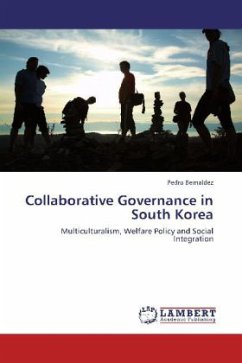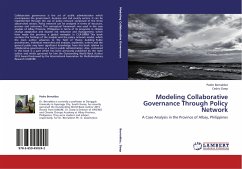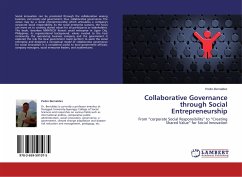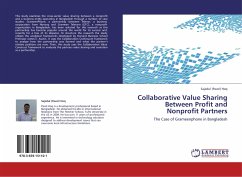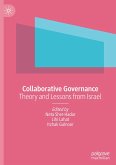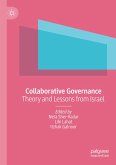Democratization in South Korea has gone a long way alongside globalization of the country brought about by an exemplary economic development. However, social issues have persisted for long due to the long-time priority of government placed on economic growth. Since the democratic and reformist regimes of Kim, Dae Jung and Rho, Moo Yun, welfare development took a favorable turn resulting in pluralist policies addressing the demands of vulnerable and marginalized sectors. Meanwhile, the dearth in Korean labor brought the influx of migrant workers from various parts of the world, especially Southeast Asia, South Asia and China. Consequently, multiculturalism has become a shimmering issue threatening social integration of the Korean society. This book analyzes the strategy of collaborative governance as used by the Korean leadership to address such social problems. This book contains two academic papers written by the author for presentation in separate international seminars in South Korea. This book, however, precedes such public dissemination. Professors and students of government studies will find this book useful as well as government officials in the social sector.
Bitte wählen Sie Ihr Anliegen aus.
Rechnungen
Retourenschein anfordern
Bestellstatus
Storno

